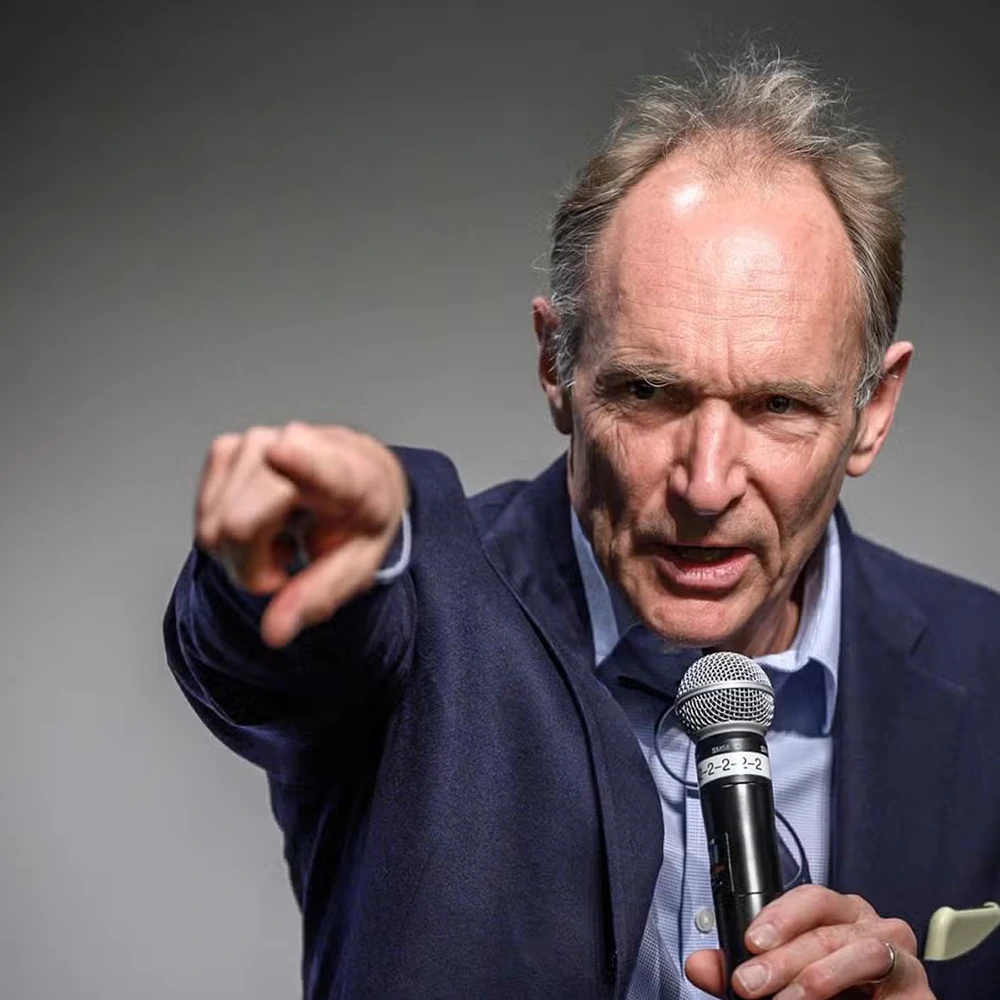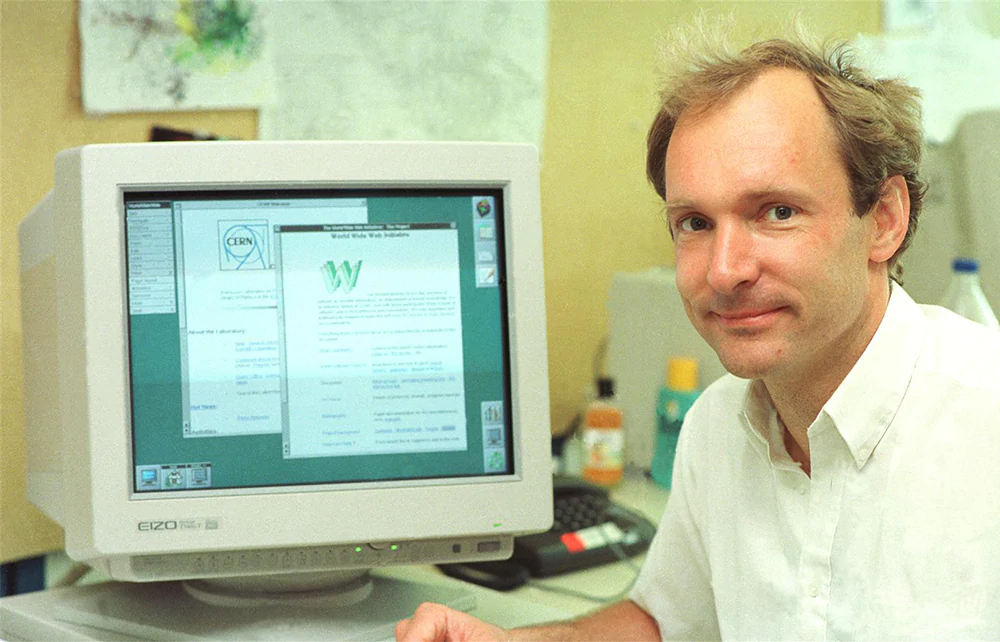March 12, 2024, marked the 35th anniversary of the World Wide Web. It was Tim Berners-Lee, the visionary who designed it.
But the modern web is far from what he envisioned.
The internet has become something he never thought it would be.
Berners-Lee said that the web is "perverse," and that it's doing more harm than good.
The way it has evolved, he explained, generates dysfunctional incentives that allow only a few entities and their all-knowing algorithms to steer human behavior into antisocial, destructive directions.
In an open letter, the inventor shared a piece of his heart.

Berners-Lee wrote that:
To him, the web is now dysfunctional because it's being dominated by the self-interest of several corporations that have eroded the web’s values and led to breakdown and harm.
And that just like pretty much everyone else, he knows that solutions to fix the web cannot be achieved with Band-Aid solutions.
In the past, there were a number of approaches to solve some of the internet's ills, like those regarding privacy and security, and controlling the "gatekeepers" which include tech giants.
Many of them failed to deliver their promises because they failed to address the core problem of the internet's design.
The internet’s open-information architecture provides its value to humanity, but it also creates the potential for mass surveillance.
As a result of this, companies that managed to utilize their resources to scout every corners of the web, indirectly claim the web, and directly, or indirectly charge users to access it.
The internet that is supposed to be decentralized, becomes centralized.
To change this, Berners-Lee calls for both a reform of the current system, and create a new one that genuinely serves the best interests of humanity.
Berners-Lee’s first contribution to the invention of the World Wide Web while he was working as a contractor at the European Organization for Nuclear Research, otherwise known as CERN, in 1980. In 1989, he implemented the hypertext network he’d created at CERN with a networking protocol (TCP) and a domain name service (DNS) to create the skeleton of what would eventually become the World Wide Web.
For the past decade, Berners-Lee been pushing the evolution of the web, which he dubs "Web 3.0."
This often gets confused with Web3, but they are very different.
Web3 is based entirely around the use of blockchain to build a decentralized internet, with cryptocurrencies like Bitcoin used to trade, while Web 3.0 is the web that stays true to the founding principles of being open and royalty-free.
The idea is maintaining the World Wide Web using the principles of the semantic web, and giving people control over their data.
He suggests that data silos that are stored by entities on the web, must be broken down to encourage collaboration, create market conditions in which a diversity of options thrive to fuel creativity, and shift away from polarising content to an environment shaped by a diversity of voices and perspectives that nurture empathy and understanding.
It's all about giving people the control of their data.
Read: By Changing The Way The Web Works, We Can 'Make It A Better Place'

A multitude of stakeholders must collaborate to reform the web, and guide the development of emerging technologies.
The web must be human-centered, and that is was it supposed to be.
But again, this is not an easy task, and that Berners-Lee, who attempts to make the World Wide Web the way he designed it, had a hard time getting big tractions.
"We must amplify and promote these positive use cases, and work to shift the collective mindset of global citizens," he said.
For the next 35 years, Berners-Lee still has some optimism for the future.
He predicts that soon, everyone will have a personal AI assistant, and that people will take true ownership of their data across all platforms - including VR. He also predicts that a big tech company being forced to break up
"Things are changing so quickly. AI is changing very, very quickly. There are monopolies in AI. Monopolies changed pretty quickly back in the web," Berners-Lee said.
"Maybe at some point in the future, agencies will have to work to break up big companies, but we don't know which company that will be."